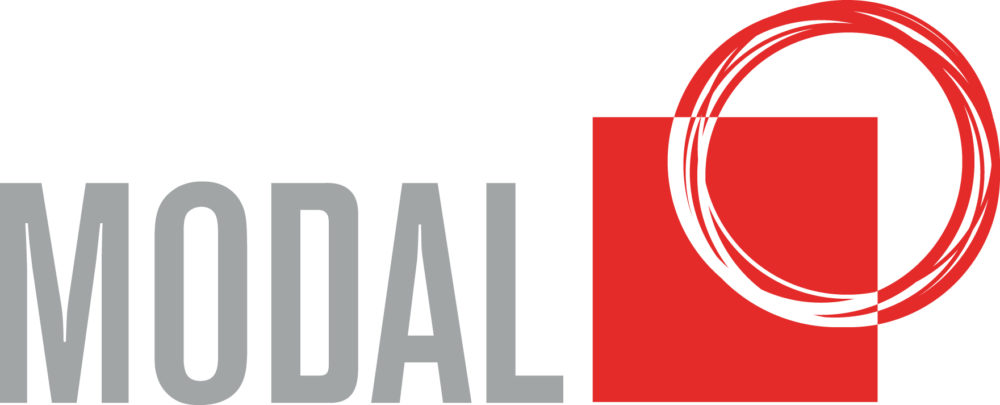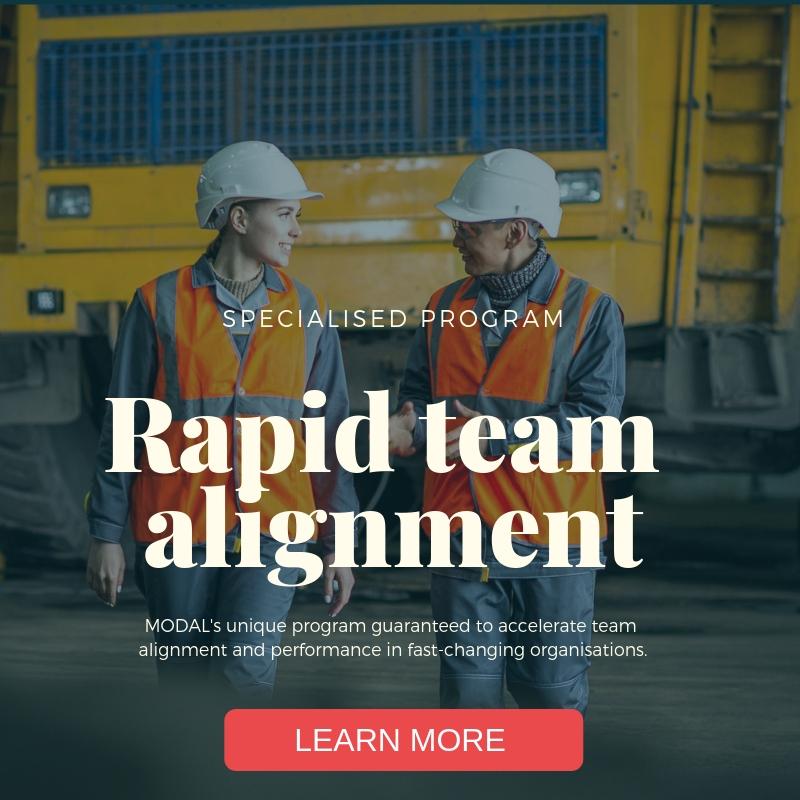Everyone has a different preferred way to approach and absorb information in the workplace and delivering effective and powerful workplace learning experiences is a challenge for most HR and L&D managers. Whilst technology has opened up a wide variety of mediums for people to absorb learning material through, the complementary challenge for HR and L&D Managers surrounds the length and depth of learning experiences.
Currently, the most popular methodologies for learning experiences include:
- Extended courses (multiple sessions over several weeks or months)
- Workshops (Half to One-day sessions)
- Seminars (one-hour to one-day sessions)
- Short courses (One to Three-hour sessions)
- Micro-learning sessions (One to Fifteen minutes)
Driven by advancements in technology, shorter attention-spans and companies being stretched for time to dedicate to employee learning and development, there has been an explosion of on-line learning offerings. These generally fall into the short-course and micro-learning categories. Current trends indicate that micro-learning is quickly becoming the most favoured learning option with L&D professionals, with learners preferring the added flexibility, granularity, and speed.
According to the Journal of Applied Psychology, micro-learning makes the transfer of learning 17% more efficient.
With the proliferation of micro-learning comes the usual concerns as to quality and effectiveness of this alternate option. If you are looking for opportunities to build micro-learning into your development experiences there are a number of things to consider. These are my top eight things to look for when considering a micro-learning program.
- Is it timely?
15 minutes or less. This keeps the learning crisp and less cumbersome, whilst also appealing for the modern learner who is time poor and prefers a faster pace. The principle of micro-learning is for short, sharp and focused sessions you can access almost anywhere, at any time, on multiple platforms.
- Only one learning objective.
Micro-learning differs from traditional learning modules in that it only focuses on one concept per session. Traditional learning practices often use scaffolding to build on previous or multiple concepts. In a micro-learning session, without lengthy discussions and exploration, multiple concepts can become confusing and time consuming.
- Is the information all you need to understand the learning objective?
A good micro-learning program ensures that you do not need to search elsewhere to complete an assessment or understand the point of the program.
- Does it include any form of assessment?
To help effectively retain information programs should provide the opportunity to apply the learning by answering scenario-based questions linked to the content. The assessment methods should also vary to retain a user’s interest.
- Is it engaging – clickable headlines, photos, videos or infographics?
Engagement is everything, does the program use a variety of techniques to keep the learning lively and interesting. Research suggests that visual aids improve learning four-fold. The use of infographics for example can distil complex ideas and data into consumable content.
- Is the program interactive?
Wherever possible the program should have elements like a quiz, a game or test to measure progress and even to “unlock” the next module. Also, does it incorporate real-world scenarios or problems? By using real-world problems and scenarios it makes the learning more real and memorable for the learner, rather than abstract.
- Does it have tips and tools?
Tips and tools can advance knowledge and help foster additional curiosity and build expertise.
- The program is offered in multiple formats.
Not all learners are behind a computer and a lot more learning is happening on the run. By having options such as audio-book style modules, or gamified mobile-based sessions will add to the learning experience.
Indications suggest that we will continually be challenged for time in the workplace. However, the danger for development professionals, is that micro-learning can be a viable option that has its time and place in learning but it is not an alternative to structured learning solutions that provide deeper understanding, opportunities to collaborate and develop learning connections. In combination with other learning options, micro-learning sessions can provide added richness and learning flexibility – as with all things in life balance is the key.





